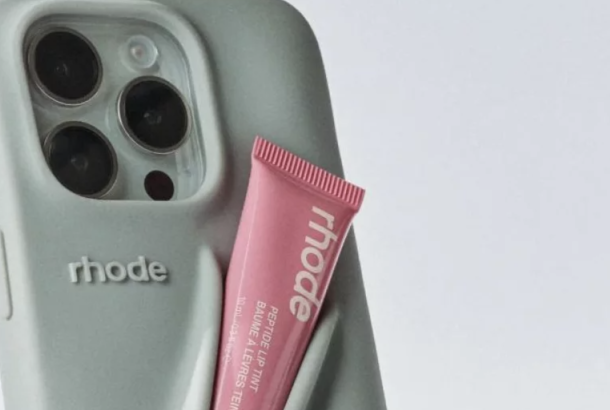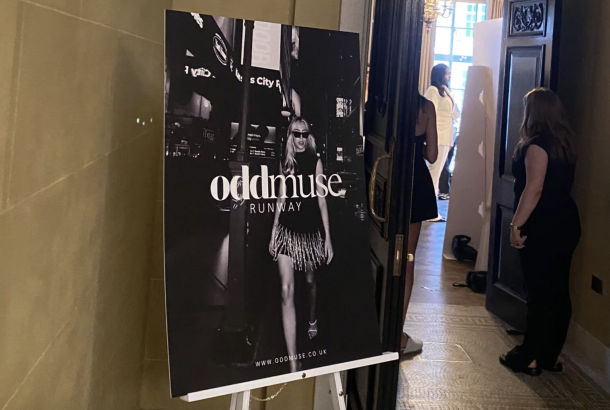Best of British: Streetwear
Image: lifestylemirror.com
Indie, that was best of british five years ago. Indie needs little explanation, so I’ll save your time and mine. These days the tide has changed, “streetwear” brands-often described as “wavey”-have taken the throne and I’m very glad that they have.
Streetwear’s origins have been traced back to Shawn Stussy, creator of the infamous “Stussy” brand who was a surfboard designer and began selling Tshirts with his own designs in Los Angeles in the late 1970/early 1980’s. These surf/skate origins have remained ever-present in the essence of modern streetwear; clothes designed for maximum comfort. What is particularly interesting about the streetwear movement is the way that it doesn’t necessarily mean anything in particular. The ambiguity of the phrase “streetwear” has meant that brands have been able to form their own particular styles under the broad heading of streetwear.
Image: theclassyissue.com
Carhartt’s subdivision called “work in progress” which is responsible for their distribution in Europe are better known for urban variations of the traditional workwear that the company was originally popular for. This culture influenced ethos is at the heart of what is particularly cool about streetwear brands; the way that they are influenced by the subcultures that they are created in. For example, Supreme is a clear reflection of New York skate culture; it is a manifestation of the lifestyle through fashion.
The second factor that defines streetwear is the culture of exclusivity. Many clothes come on sale for a limited amount of time and once they’re gone, they’re gone forever. So, in a way, collecting items of streetwear manifests into a hobby for many; people want the “rarest garms”.
Image: thedailystreet.co.uk
What is great about the uncompromising link between streetwear and the culture that it is formed out of is the way that we now have brands emerging in the UK that are shaped by aspects of our british culture. Perhaps the clearest illustration of this is the highly sought after “Palace skateboarding”, founded by Lev Tanju who said that the name itself was a sarcastic reference to the far from luxurious London “skate houses” that Tanju and his mates lived in. Tanju remarked “I want to do something different that’s honest and I want to show people how sick London and skateboarding is.” That’s what is so sick about streetwear; it’s necessarily linked to the cultures it stems from.







